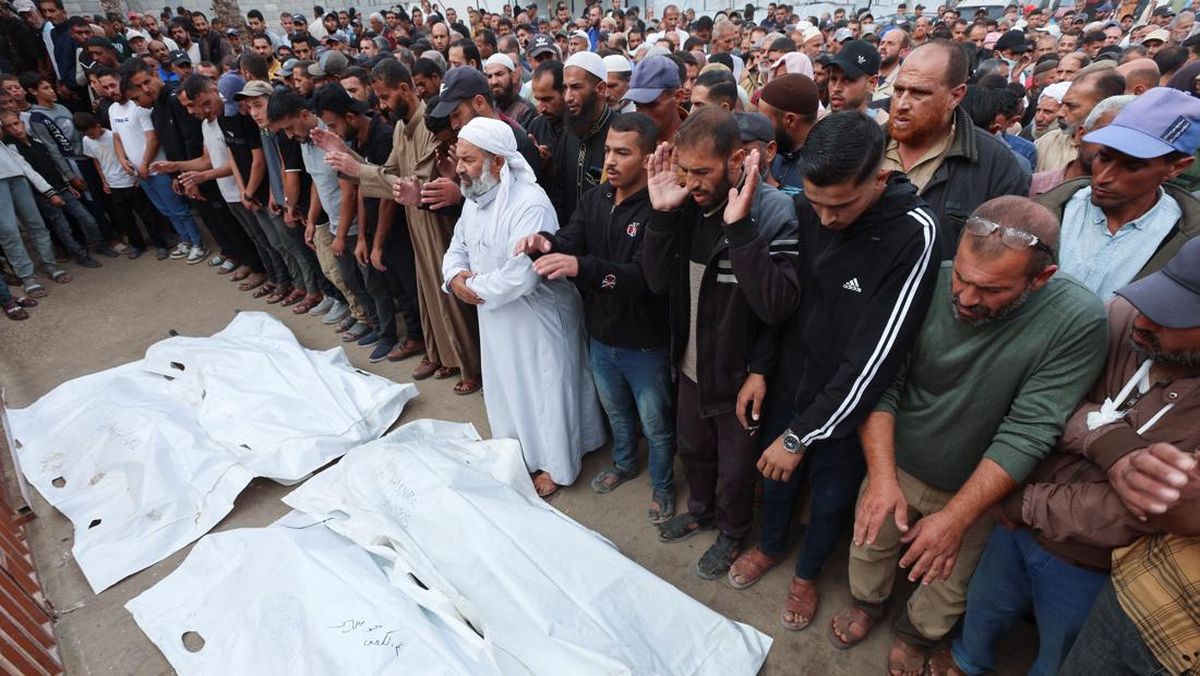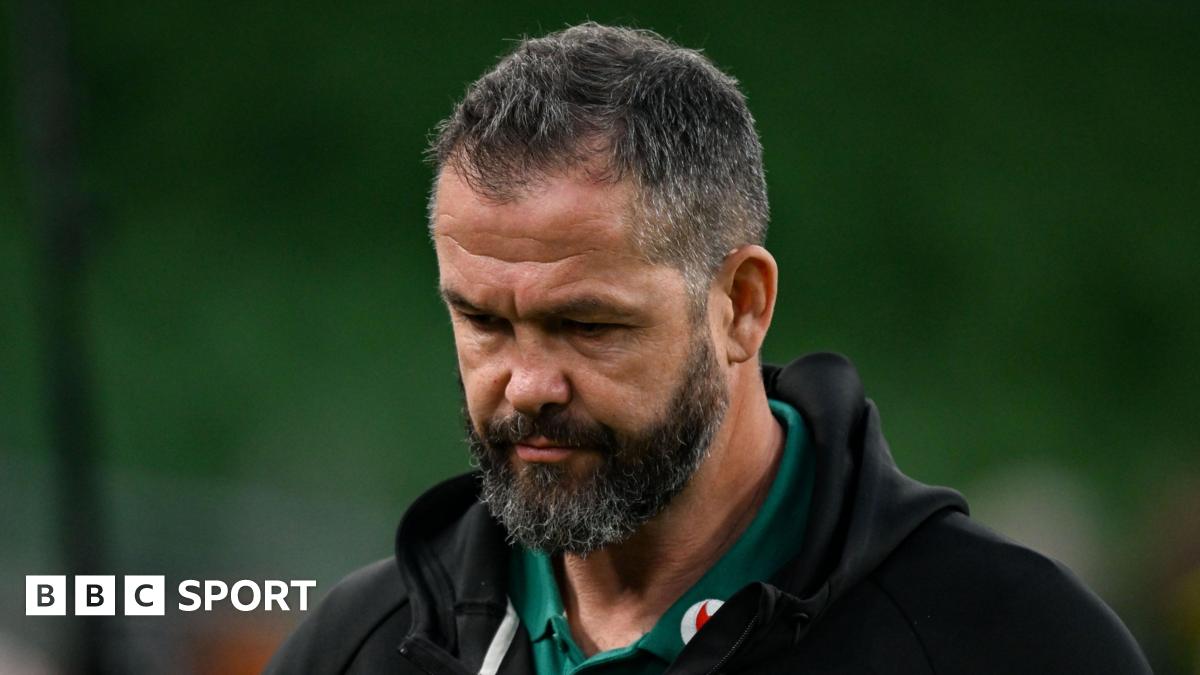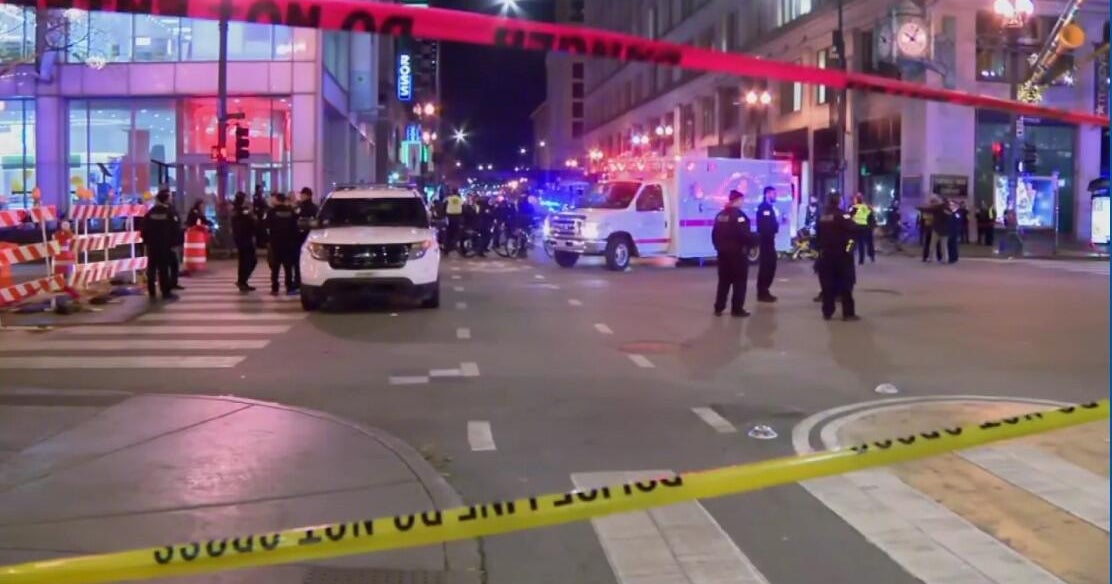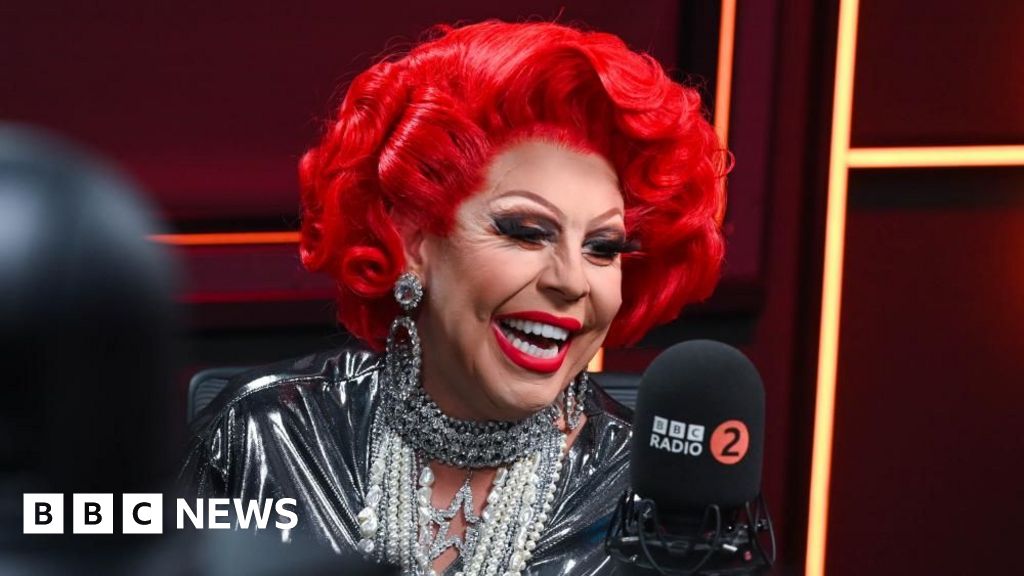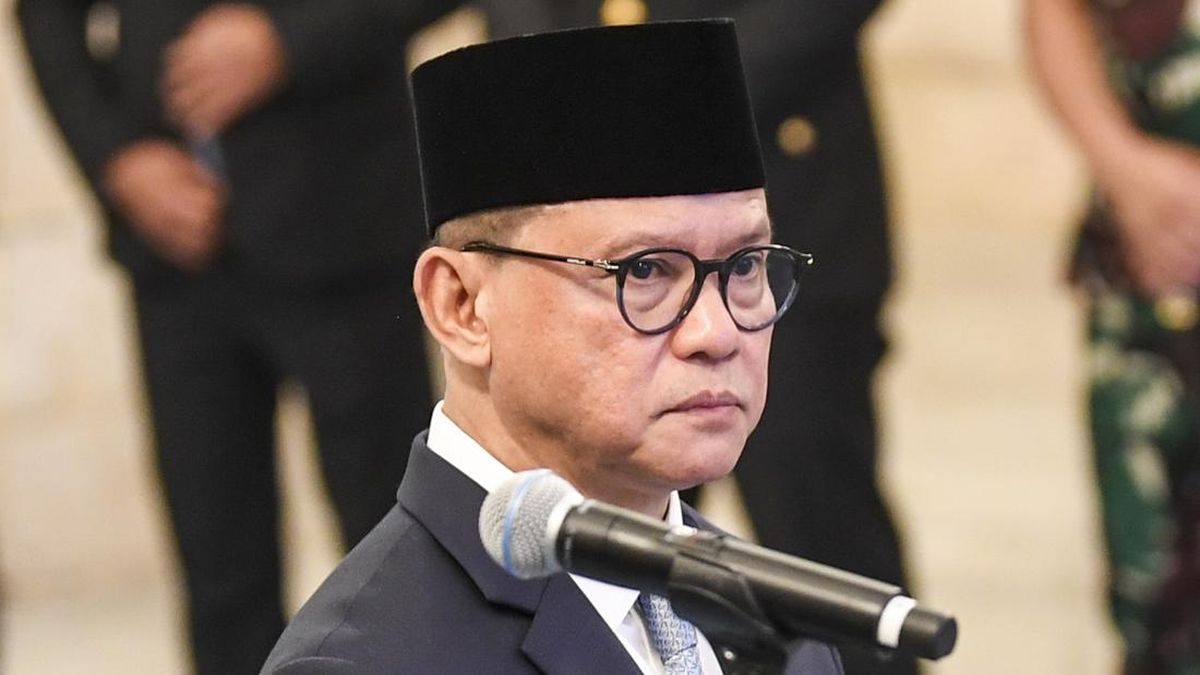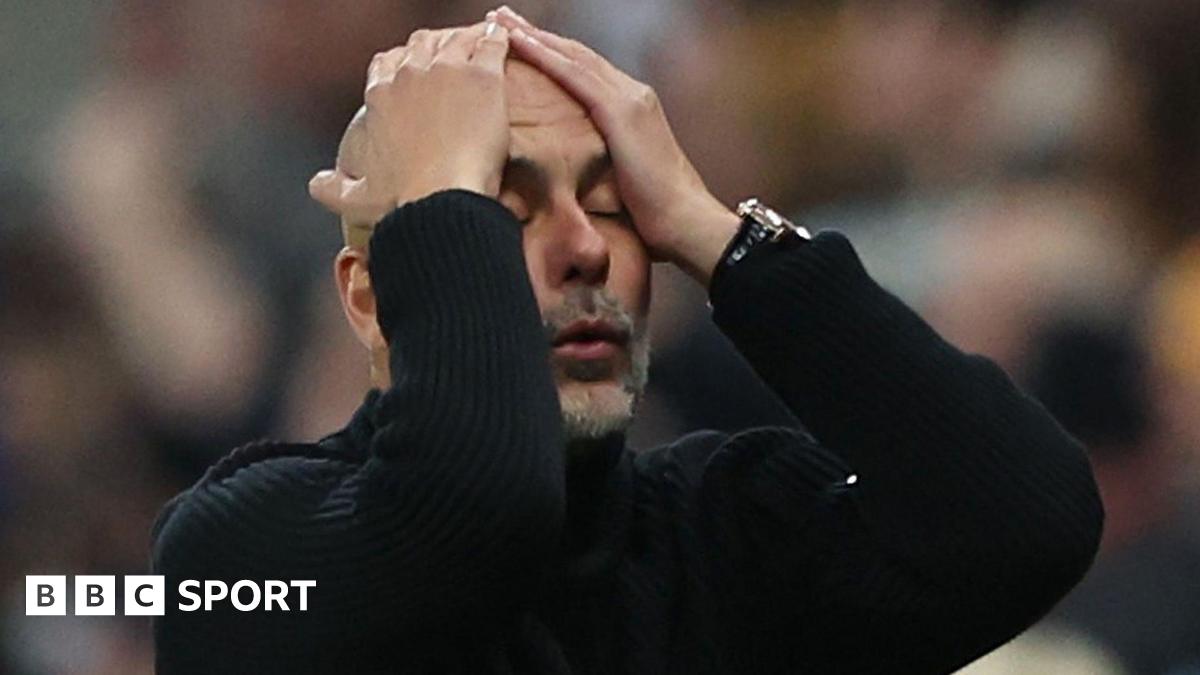Six-time Walkley award-winning ABC journalist Suzanne Smith – author of The Altar Boys, about child sexual abuse within the Catholic Church in Newcastle – is no stranger to crimes against children.
Her investigations helped instigate the Royal Commission into Institutional Responses to Child Sexual Abuse. Yet, she approached with trepidation a brief from Compass to follow up on the Toowoomba sect known as the Saints, of which 14 members were sentenced in February for the 2022 death of eight-year-old diabetic Elizabeth Struhs, whose insulin was substituted for prayer. This time, Smith wanted to achieve the seemingly impossible: offer a glimmer of hope amid the inconceivable cruelty.

Journalist Suzanne Smith is investigating the sect known as the Saints, of which 14 members were jailed for the 2022 death of an eight-year-old girl.
“If I was just doing another, ‘Isn’t this shocking?’ story, I think it might have broken me,” Smith says. “But because there’s such a groundswell of action going on [within the wider church community in the south-east Queensland city], and they’re determined to expose coercive control in all their churches, it gave me a bit of hope … I think having that positive angle is really important.”
Interviewed about this push for change in the Compass report are three local pastors of varying denominations: Wesleyan counsellor Cecilia Anderson, psychologist and survivor of the US Children of God cult Maria Esguerra, and Paul Reid, a former friend of the Saints’ leader, Brendan Stevens. None of the jailed cult members agreed to speak.
Most confronting are the responses of Cameron Schoenfisch, whose son Lachlan is serving time in jail for manslaughter.

Cameron Schoenfisch, whose son Lachlan has been jailed for manslaughter.
“I had quite a few tears after Cameron thanked me,” says Smith. “I actually did a drive around Toowoomba with Cameron. It’s not in the Compass piece. But the number of churches popping up everywhere there … Cameron’s very concerned about that because some of them are in backstreet lanes; some of them are in people’s garages. They often turn up in abandoned warehouses.
“So what is actually stopping another Elizabeth Struhs if we’re not going to talk about it? But the key thing that kept me going is, everyone wants to expose what’s going on. And they’re so fired up.”
Executive producer Amanda Collinge, who is also the executive producer of Compass, says Cult of the Saints is an example of the “journalistic rigour” she has favoured for the ABC’s 37-year-old flagship religion and ethics program since stepping into the role 3½ years ago.
Loading
A snapshot of recent episodes includes Patrick Abboud’s report on Palestinian families fleeing Gaza, Benjamin Law’s story on a new secular faith in Sydney, Compass host Indira Naidoo’s interview with Stan Grant, and Julia Baird’s interview with Greg Thompson, a former Anglican bishop of Newcastle.
“There is a history of Compass interrogating cults and looking at sex abuse in the church, so it’s just taking it back to that tradition, really, to exactly what the show should be doing,” says Collinge. “This is a program that explores both the good and the bad of religion. And indeed, a lot of good in the world is done by people of faith. But unfortunately, a lot of evil is also done in the name of religion. So Compass interrogates both those aspects of religion. But if we can do both in the same story, even better.”
Smith, who describes herself as a “very lapsed Catholic”, feels her religious background has given her “the right and the ability to really investigate the Catholic Church”. In making Cult of the Saints, she found Compass’ reputation invaluable.
“All the Christian pastors were so willing to talk,” she says. “In the past, they wouldn’t have been. But I think with a show like Compass, it’s not a show that fronts people. It’s a show that will take all views, but also treat them with sensitivity. And I think that’s why we’ve got such fantastic access … Where I’m concerned, and where these pastors are concerned, is coercive control in our community, particularly in the home … You want to hold people to account, if there are vulnerable people being hurt.”
Most Viewed in Culture
Loading

